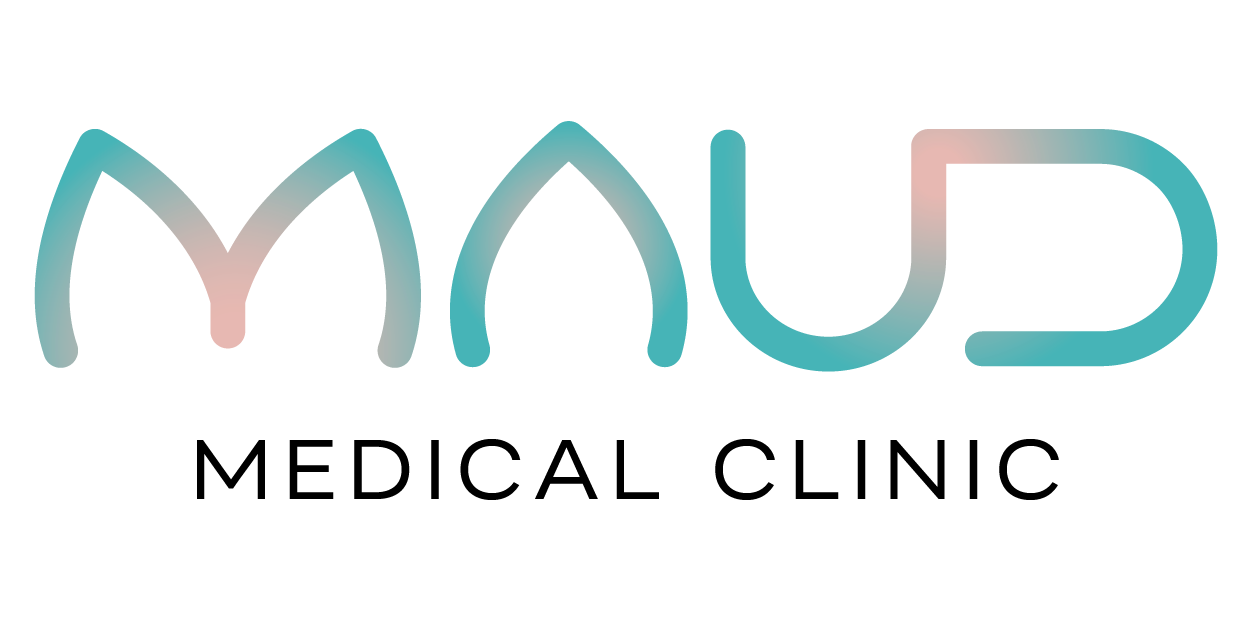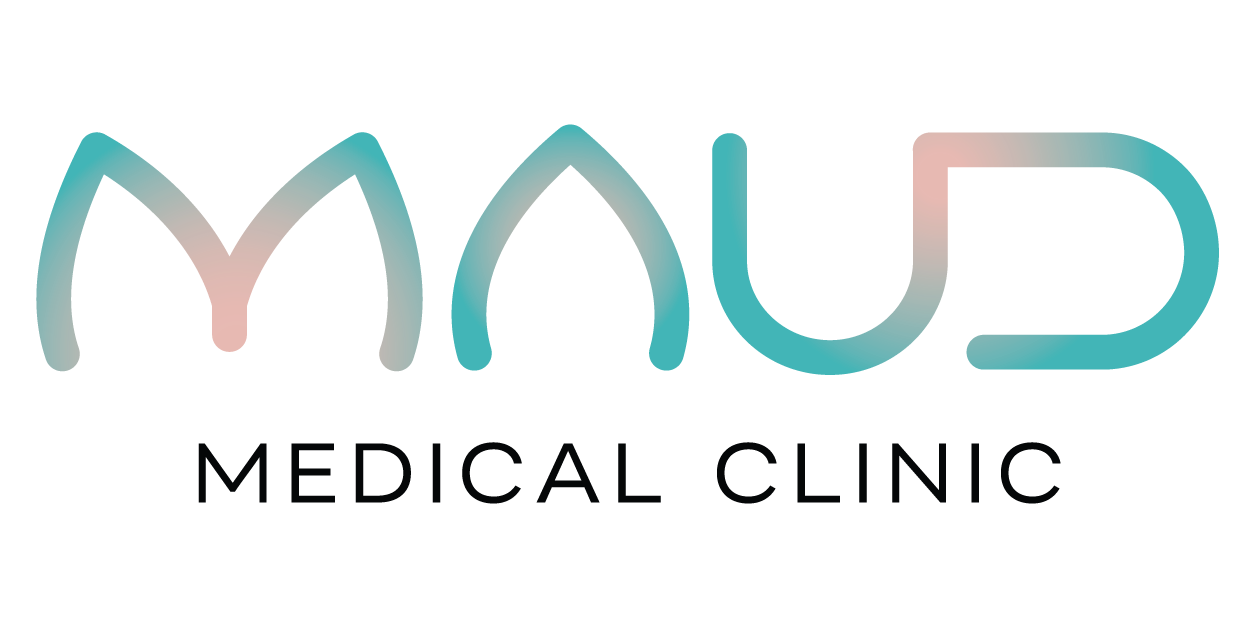The Menopause Transition
Understanding the Menopause Transition: Navigating Changes with Confidence
Menopause is a natural milestone in a woman’s life, marking the end of her reproductive years. It can significantly impact physical, emotional, and mental health, making it essential for women to understand this transition. At Maud Medical Clinic in Calgary, we recognize the importance of offering support and information to women experiencing menopause. This comprehensive guide explores what menopause is, the symptoms women may experience, and various strategies for managing this transition effectively.
What is Menopause?
Menopause occurs when a woman's ovaries stop releasing eggs, leading to a decline in hormone production, especially estrogen and progesterone. Although the average age of menopause in Canada is 51, it can occur anywhere between the ages of 45 and 58. This phase of life is often preceded by perimenopause, a transitional period characterized by hormonal fluctuations that can begin years before menopause.
Phases of Menopause
Perimenopause:
The transition phase leading to menopause. It can last several years, during which time women may experience irregular menstrual cycles and a variety of symptoms.
Menopause:
Defined as the time when a woman has not had her period for 12 consecutive months. At this point, her ovaries no longer produce eggs, and she is no longer fertile.
Postmenopause:
The years following menopause, when the body stabilizes at lower hormone levels. Symptoms may persist or even emerge during this phase.
Recognizing the Symptoms of Menopause
The experience of menopause varies widely among women; while some may have mild symptoms, others may face more significant challenges. Common symptoms associated with menopause include:
Hot Flashes and Night Sweats:
Sudden feelings of heat in the upper body, often accompanied by sweating. Night sweats can disrupt sleep and are common during both perimenopause and menopause.
Mood Changes:
Hormonal fluctuations can lead to increased irritability, anxiety, or depression. Many women report an increase in mood swings during this transition.
Sleep Disturbances:
Insomnia and disrupted sleep patterns can result from hormonal changes, hot flashes, or stressors associated with aging.
Vaginal Changes:
Decreased estrogen levels can lead to vaginal dryness, discomfort during intercourse, and an increased risk of urinary tract infections (UTIs).
Memory and Concentration Issues:
Some women may experience forgetfulness or difficulty concentrating, often referred to as "brain fog."
Physical Changes:
Changes in body composition, such as weight gain, particularly around the abdomen, and changes in skin elasticity may occur.
Understanding these symptoms is crucial to managing them effectively. Each woman's experience is unique, and recognizing these signs can facilitate better communication with healthcare providers.
Managing Menopause Symptoms
While menopause is a natural process, various strategies can help women manage symptoms effectively. Here are several approaches to consider:
1. Lifestyle Modifications
Healthy Diet:
Eating a balanced diet rich in fruits, vegetables, whole grains, and lean proteins can support overall health and help manage weight. Incorporating foods high in calcium and vitamin D is essential for maintaining bone health, especially as the risk of osteoporosis increases post-menopause.
Regular Exercise:
Engaging in regular physical activity can help with weight management, improve mood, and reduce symptoms like hot flashes. Both aerobic and strength-training exercises are beneficial.
Hydration:
Staying well-hydrated can alleviate symptoms like dryness and fatigue. Aim to drink adequate water throughout the day and limit caffeine and alcohol intake, which can exacerbate hot flashes.
2. Complementary Therapies
Mindfulness and Stress Reduction Techniques:
Practices such as meditation, yoga, and deep-breathing exercises can help manage stress, mood swings, and anxiety during menopause.
Acupuncture:
Some women find relief from symptoms like hot flashes and mood changes through acupuncture, which is thought to help balance the body’s energy.
Herbal Supplements:
Some herbal remedies, like black cohosh and evening primrose oil, have been reported to alleviate certain menopausal symptoms. However, it’s essential to consult with a healthcare provider before starting any supplement regimen.
3. Hormone Replacement Therapy (HRT)
Hormone Replacement Therapy can be a highly effective way to manage severe symptoms of menopause. HRT works by supplementing the body with estrogen and, in some cases, progesterone to relieve symptoms such as hot flashes, night sweats, and vaginal dryness. However, HRT may not be suitable for everyone and can carry risks. It’s essential to discuss the benefits and potential side effects with a qualified healthcare provider, such as those at Maud Medical Clinic, to determine if this option is right for you.
4. Regular Medical Check-Ups
As menopause can increase the risk of certain health conditions, regular medical check-ups are essential. Routine screenings, such as mammograms and bone density tests, can help monitor your health during this transition. Discussing your symptoms with your healthcare provider ensures you have the necessary support and treatment options tailored to your needs.
Resources and Support
Navigating menopause can be challenging, and seeking support from healthcare providers, friends, and support groups can make a significant difference. Consider:
Professional Support: Speaking with a healthcare provider or specialist in women’s health can provide reassurance and treatment options tailored to individual needs.
Support Groups: Many organizations offer support groups or online forums for women going through menopause, providing a space to share experiences and coping strategies.
The Role of the Canadian Menopause Society
The Canadian Menopause Society is a valuable resource for women as they navigate the menopause transition. The organization offers a wealth of information on:
Education: Resources on understanding menopause, including symptoms, management options, and lifestyle tips.
Guidelines: Evidence-based guidelines for the management of menopause symptoms, supporting informed choices about HRT and other treatment options.
Support: Access to healthcare professionals specializing in menopause and women's health through their directory and initiatives.
For further information, visit the Canadian Menopause Society website at www menopause.ca.
Conclusion
Menopause is a natural phase of life that every woman experiences. Understanding the symptoms and managing them effectively through lifestyle modifications, complementary therapies, hormone therapy, and regular healthcare is essential for a positive transition. Embracing this change with knowledge and support can empower women to navigate their menopause journey confidently. For those seeking more information or support, resources such as the Canadian Menopause Society and qualified healthcare professionals can offer guidance.
Menopause Treatments in Calgary?
Maud Medical Clinic doctors assist women of all ages with advice, support and management of peri/menopause symptoms. Common concerns in discussion are low libido, hot flashes, night sweats, mood changes and urinary incontinence. These effect daily life and relationships. We offer treatments for a variety of symptoms and educational workshops to help our patients feel empowered and regain control over the body.

